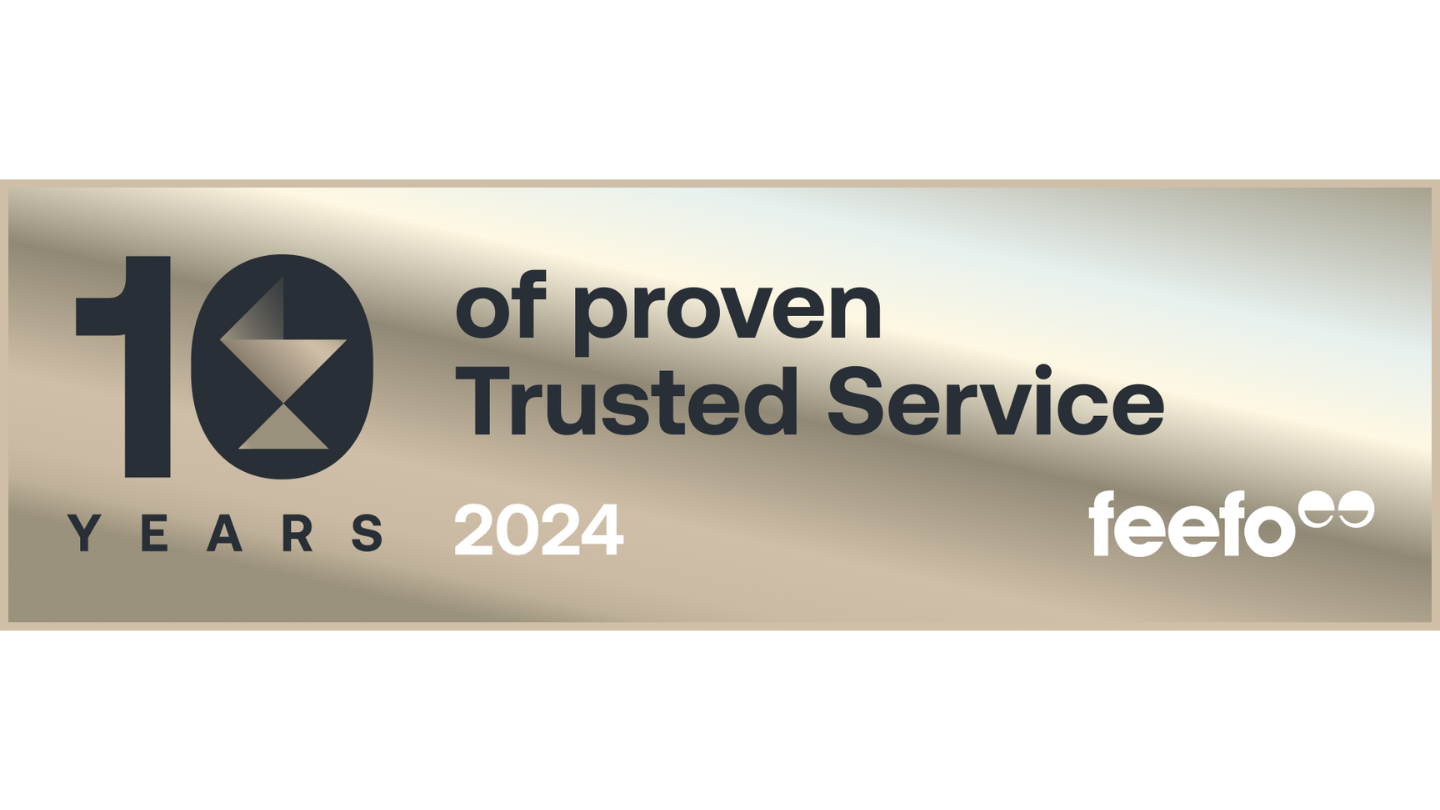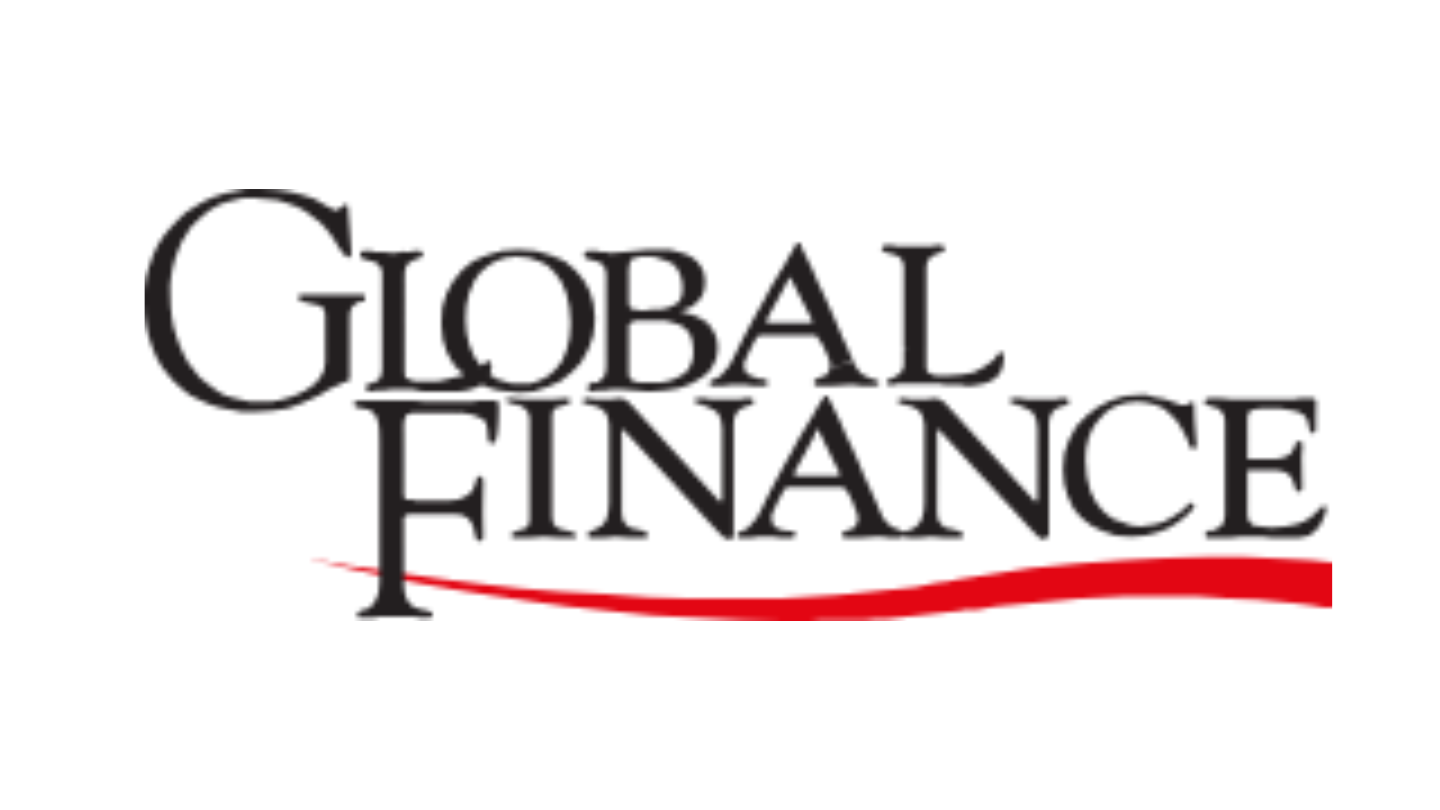Welcome to Moneycorp
We power global payments for corporates, institutions and individuals, combining worldwide reach with local expertise to deliver exceptional service in international financial transactions.
Our extensive platform integrates seamlessly with banking ecosystems, providing round-the-clock accessibility across time zones and borders. We tailor our services to meet the specific needs of each client, simplifying the complexities of international markets and enabling you to seize every opportunity in global trade.
$101 billion traded in 2024
NPS score +72**
Send payments 24/7 with secure online access
11 offices around the world with local expertise
* Trading volumes represent flow measured as a single leg transaction volume
** Source: Post service NPS score, as of December 2024
For the year ended December 2024
Empowering our clients beyond borders

Excellence recognized
We’re proud to see our dedication to our clients recognized, further motivating us to continue pushing boundaries and setting new service standards in an ever-evolving industry.

Feefo’s 10 Years of Excellence Award
Recognizing 10 years of Feefo's Platinum-rated service

Top 100 Cross-Border Payment Company
We are proud to be listed as one of the world's top 100 cross-border payment companies (as per FX Intelligence).

Best FX for Payment Solutions
Best FX for Payments Solution in the Best FX Tech Awards as part of the Gordon W. Platt Foreign Exchange Awards 2023

Best Payments Solutions Provider
Systems In The City Fintech Awards 2022

